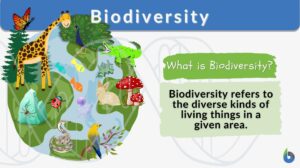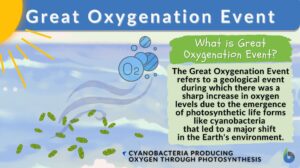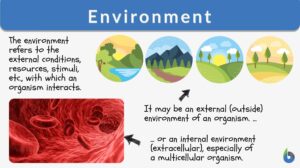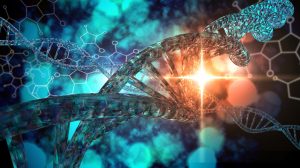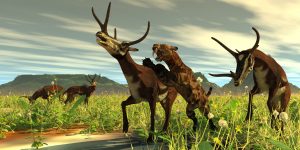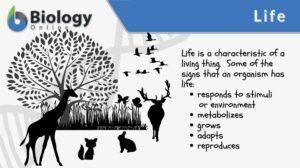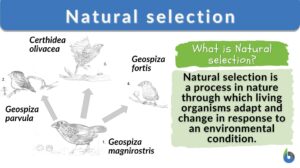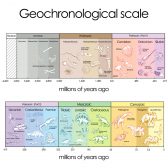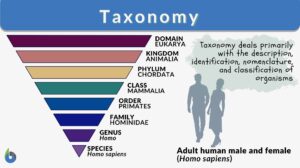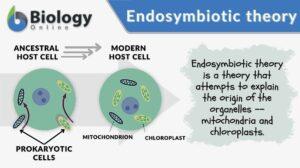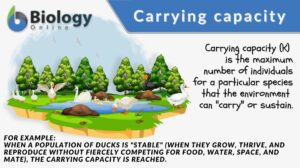Search Results for: earth
Origins of Life on Earth
Although Earth was created around 4.5 billion years ago, life began to exist not long after. Due to the huge timescales... Read More
Origins of Life : On Earth and in the Cosmos (2nd Ed)
Origins of Life : On Earth and in the Cosmos ... Read More
Diatomaceous earth
Definition noun A type of silica-rich dirt which is soft, fine-grained, porous, light-coloured, and composed of the... Read More
Biodiversity
The biological world or life on earth is a marvel that has amazed us since time immemorial. The rich natural diversity of... Read More
Great Oxygenation Event
Great Oxygenation Event Definition The Great Oxygenation Event is defined as the surge of dioxygen (O2) levels in the... Read More
Environment
Environment Definition What does environment mean? If you mean physical environment, then it is defined as the surrounding... Read More
Evolution of Life – Ancient Earth
Continuing from the previous tutorial investigating the origins of life on Earth.... Life began to flourish, and the... Read More
Living things
Living Things Definition A living thing pertains to any organism or a life form that possesses or shows the characteristics... Read More
Early Mammals on Earth
By the time the dinosaurs were extinct 65 million years ago, the world's landmass had split up into more or less the... Read More
Photosynthesis
Photosynthesis is a physio-chemical process carried out by photo-auto-lithotrophs by converting light energy into chemical... Read More
Abiogenesis
Definition noun plural: abiogeneses a·bi·o·gen·e·sis, eɪbaɪəʊˈdʒɛnəsɪs (1) The idea that primitive life... Read More
Extraterrestrial
Definition adjective (astronomy) Of, pertaining to, relating to, or occurring beyond the earth's... Read More
Biotic factor
Biotic Factor Definition A biotic factor is the living component in an ecosystem. The term "biotic" means "of or related... Read More
Primary productivity
Planet Earth is home to different types of life forms ranging from microscopic bacteria to giant whales and elephants. To... Read More
Natural selection
Natural Selection Definition What is natural selection in biology? Natural selection is defined as a process in nature... Read More
RNA-DNA World Hypothesis?
How did life start as we know it? In the scientific community, the "RNA World Hypothesis" has many adherents. Many believed... Read More
Geological Periods
Precambrian Times (Most Ancient) All time before life existed, Earth was still a volatile environment, though the origins... Read More
Calvin cycle
Calvin Cycle Definition The Calvin cycle, also known as the Calvin Benson cycle or the dark reactions, is a series of... Read More
Endosymbiotic theory
A eukaryotic cell is distinct from a prokaryotic cell by the presence of membrane-bound cellular structures called... Read More
Biodiversity
Biodiversity Lead Author: J. Emmett DuffyThis article has been reviewed and approved by the following Topic Editor: John... Read More
Carrying capacity
Carrying Capacity Definition What is carrying capacity? In biology and environmental science, the carrying capacity of a... Read More
Plant Metabolism
Introduction Plants are responsible for incredible feats of molecular transformation. The processes are always being... Read More
Scientists discover the gene that causes the smell of the earth and leads camels to water
Scientists at the John Innes Centre (JIC), Norwich(1) have discovered the gene that gives freshly turned soil its... Read More
Abiotic factor
An abiotic factor is a non-living element of the environment that influences the way organisms and ecosystems function. Some... Read More
Surface water
Definition noun (ecology) Water that is above the substrate or soil surface such as streams, bays, lakes, rivers, seas,... Read More



